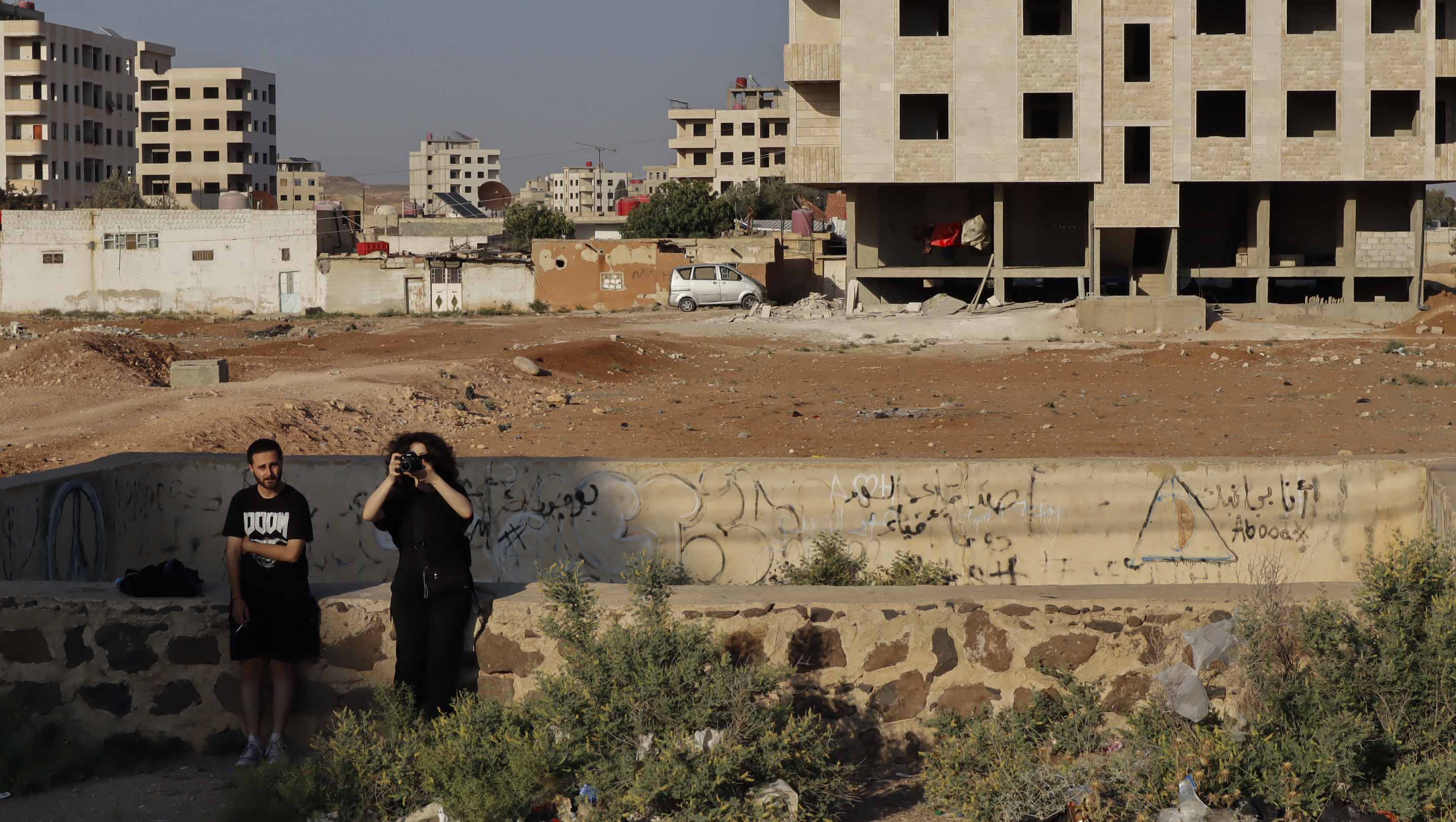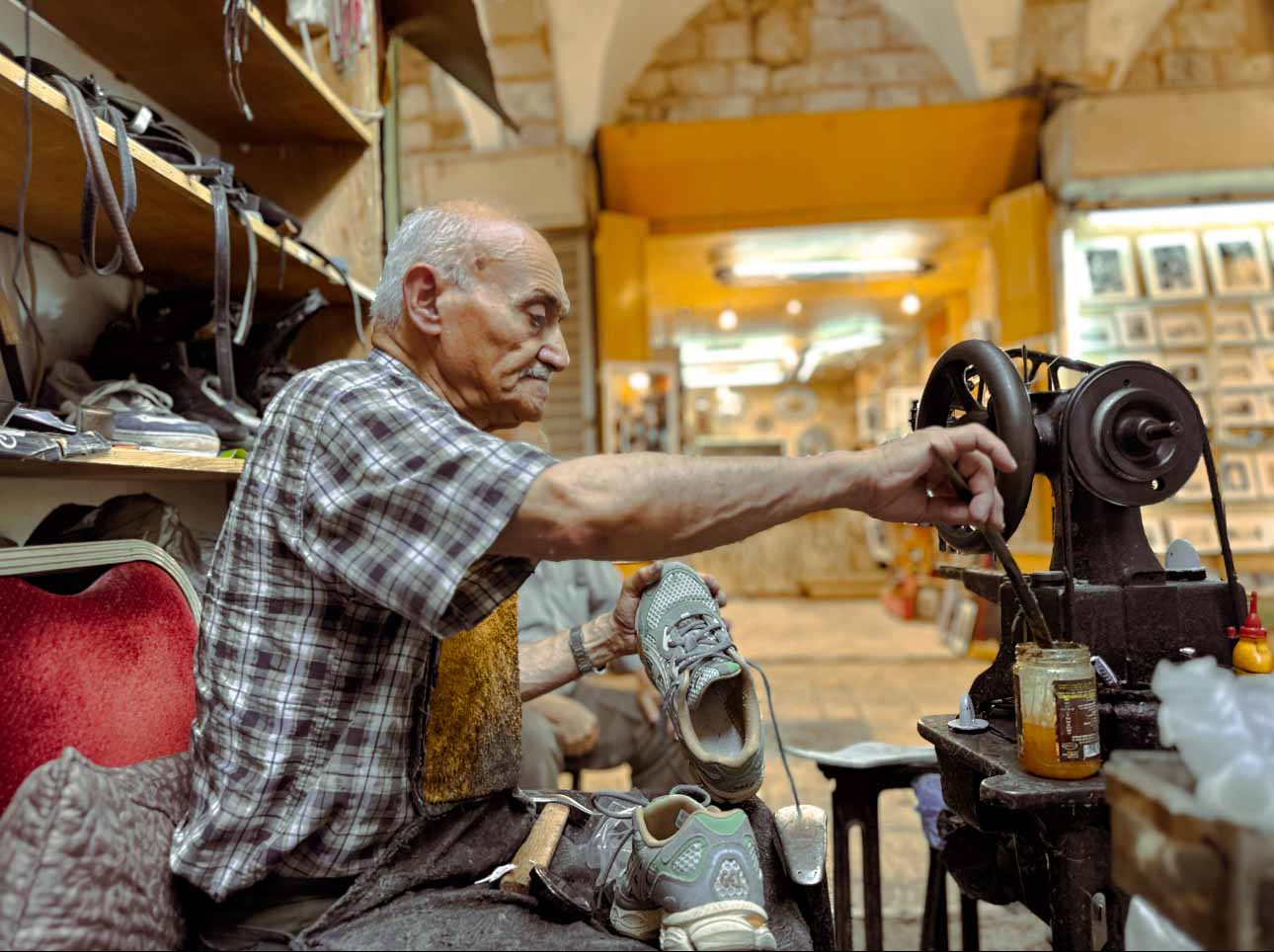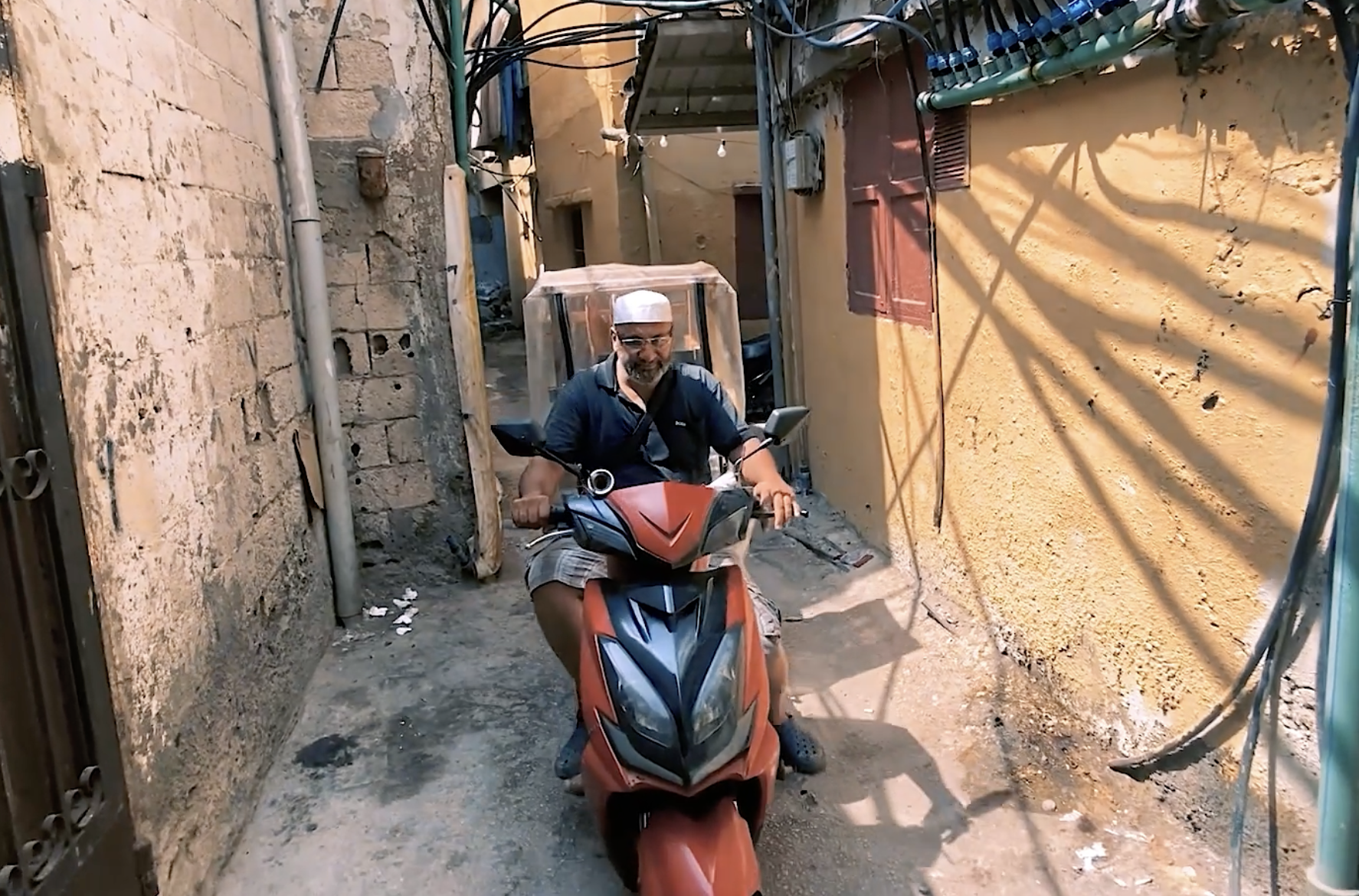In Sahnaya, a town in the Damascus countryside, a sunlit street stretches toward a rectangular stone pond, its walls scattered with graffiti drawings like “I’m beside you,” “Peace,” and “Friends of the Wall.”


In the past, the pond was used to irrigate trees and plants. But as people abandoned their land, it ceased to be just a water reservoir and became a free space for youth. Asma says:“ Our families didn't like the pond. They found it strange and unfamiliar. But for me, I found people who resembled me, people I wanted to get to know.”


Firas adds:
“The pond taught me how to listen to perspectives unlike my own—and to accept them. I used to write whatever is in my head on the walls, draw, and dance freely, without anyone holding me back.” And so, the pond transformed—from a still place that once nourished crops into a living space that nourishes alternative dreams.






